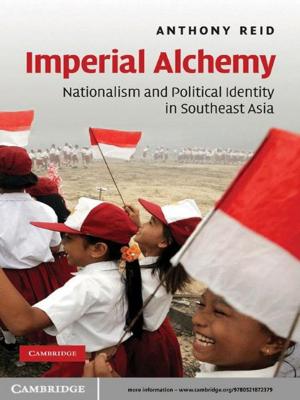American Indians and the Trouble with Sovereignty
A Turn Toward Structural Self-Determination
Nonfiction, Social & Cultural Studies, Political Science, Politics, History & Theory, Social Science| Author: | Kouslaa T. Kessler-Mata | ISBN: | 9781108244992 |
| Publisher: | Cambridge University Press | Publication: | October 19, 2017 |
| Imprint: | Cambridge University Press | Language: | English |
| Author: | Kouslaa T. Kessler-Mata |
| ISBN: | 9781108244992 |
| Publisher: | Cambridge University Press |
| Publication: | October 19, 2017 |
| Imprint: | Cambridge University Press |
| Language: | English |
With tribes and individual Indians increasingly participating in American electoral politics, this study examines the ways in which tribes work together with state and local governments to overcome significant governance challenges. Much scholarship on tribal governance continues to rely on a concept of tribal sovereignty that does not allow for or help structure this type of governance activity. The resulting tension which emerges in both theory and practice from American Indian intergovernmental affairs is illuminated here and the limits of existing theory are confronted. Kessler-Mata presents an argument for tribal sovereignty to be normatively understood and pragmatically pursued through efforts aimed at interdependence, not autonomy. By turning toward theories of federalism and freedom in the republican tradition, the author provides an alternative framework for thinking about the goals and aspirations of tribal self-determination.
With tribes and individual Indians increasingly participating in American electoral politics, this study examines the ways in which tribes work together with state and local governments to overcome significant governance challenges. Much scholarship on tribal governance continues to rely on a concept of tribal sovereignty that does not allow for or help structure this type of governance activity. The resulting tension which emerges in both theory and practice from American Indian intergovernmental affairs is illuminated here and the limits of existing theory are confronted. Kessler-Mata presents an argument for tribal sovereignty to be normatively understood and pragmatically pursued through efforts aimed at interdependence, not autonomy. By turning toward theories of federalism and freedom in the republican tradition, the author provides an alternative framework for thinking about the goals and aspirations of tribal self-determination.















